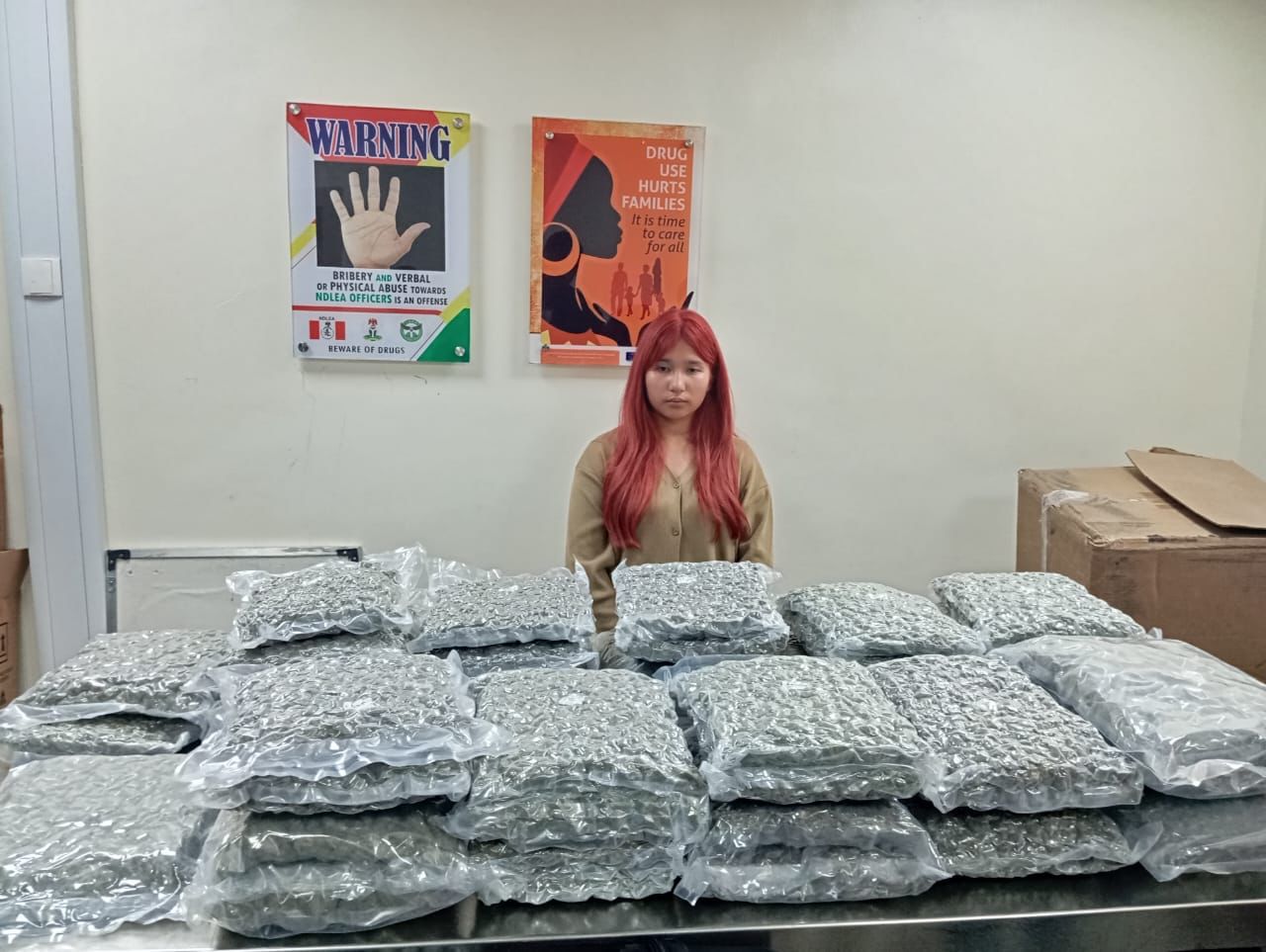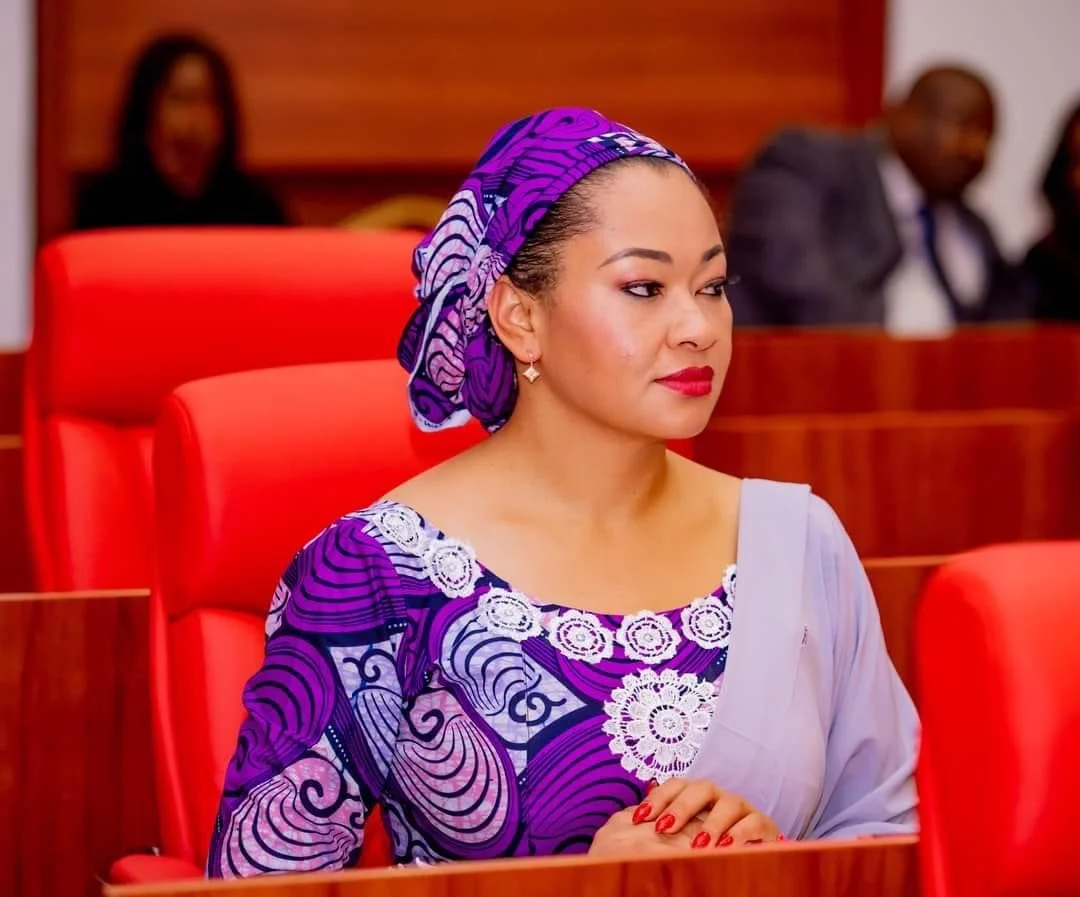The ongoing National Delegates Convention (NDC) Eko 2024, has ignited crucial discussions on the performers’ rights. Organised by the National Association of Nigerian Theatre Arts Practitioners (NANTAP), the convention themed “Theatre, Politics, and National Development” brings together key industry players to address pressing issues in the creative sector.
The six-day event, which began on Tuesday, February 18, and runs until Sunday, February 23, is being held across multiple venues, including the National Theatre, Glover Memorial Hall, Freedom Park, and the John Randle Centre for Yoruba Culture and History.
Initially scheduled for December 2024, the convention was postponed to allow for better preparation and a richer experience. Now in full swing, the event has gathered theatre practitioners, stakeholders, and enthusiasts to discuss critical issues affecting the industry, with a strong emphasis on performers’ rights under Nigeria’s new Copyright Act.
At the convention’s opening, Dr. John Asein, the Director-General of the National Copyright Commission, stressed the importance of theatre practitioners understanding their legal rights. He highlighted key provisions in the amended Copyright Act, which now explicitly recognises performers’ rights and grants them control over the recording and reproduction of their performances.
“The goal is to start a conversation on the role of theatre practitioners and their contributions to Nollywood and the wider creative industry,” Asein said. “It is crucial for performing artists to understand their rights, leverage the protection that intellectual property offers, and be proactive in managing their works in the digital age.”
To further this agenda, Asein announced plans to develop a publication, “Copyright and Theatre Arts”, which will serve as a resource for practitioners. The publication will also pay tribute to two key figures in Nigerian theatre history: Dr. Sylvester Olusola Agbaje-Williams, a major contributor to Nigeria’s modern copyright system, and Chief Hubert Ogunde, OON, widely regarded as the father of Nigerian theatre and a strong advocate for performers’ rights.
Additionally, the Commission has pledged to work with NANTAP through a technical committee to: Strengthen legal protections for performers, address gaps in the value chain through policy and legislative reforms. Develop educational strategies on copyright for theatre arts departments and create legal frameworks to safeguard performers in the digital age.
Speaking on the theme, “Theatre, Politics And National Development”, Peter Ryan, Ireland’s Ambassador to Nigeria, praised NANTAP’s work in preserving and promoting Nigerian theatre. Represented by Aduke Gomez, the ambassador drew parallels between Nigeria and Ireland’s theatre histories.
“Ireland’s national theatre called Abbey Theatre, was founded in 1904 when Ireland was still a British colony. It played a major role in shaping national consciousness. Similarly, Nigerian theatre has the power to challenge, inspire, and drive national development,” he said. He encouraged Nigerian theatre practitioners to continue using their craft to reshape the national narrative and advocate for social change.
Mr. Israel Eboh, fta, Outgoing NANTAP President, used the platform to challenge Nigerian performers to take ownership of their rights and careers.
“One of our problems is intellectual laziness among performers,” Eboh said. “How many of us take the time to understand the laws that protect our work? Too many artists sign contracts without reading them, or worse, perform without contracts at all. We need to do better.”
Eboh, who is concluding his tenure after seven years of service, emphasised the historical role of theatre in shaping societies. “From ancient Greece to contemporary Nigeria, theatre has challenged power structures, fueled revolutions, and inspired change,” he said.
“Over the next few days, we have curated a dynamic lineup of workshops, masterclasses, panel discussions, seminars, plenaries, performances, and awards designed to educate, challenge, and inspire us. We will hear from seasoned scholars, industry leaders, and policymakers as we explore the evolving role of theatre in national development.
“I encourage every delegate to engage fully, share ideas, and seize this opportunity to collaborate. The future of Nigerian theatre is in our hands, and what we build here, together, will define the next chapter of our industry.”
Eboh also appreciated sponsors and supporters, “This convention would not have been possible without the generous support of our sponsors and partners, whose belief in the transformative power of theatre has fueled our initiatives over the years. Your investment in the arts is an investment in the soul of our nation.”
Beyond discussions on performers’ rights, NDC Eko 2024 features an exciting lineup of events, including: Captivating Performances celebrating Nigeria’s rich theatrical heritage. Workshops & Masterclasses led by industry veterans on scriptwriting, directing, acting, stage design, and digital theatre innovations, Thought-Provoking Panel Discussions on theatre’s role in politics and national development and the Prestigious Awards Night, honouring excellence in theatre and the creative sector.




 1 day ago
32
1 day ago
32









 English (US) ·
English (US) ·